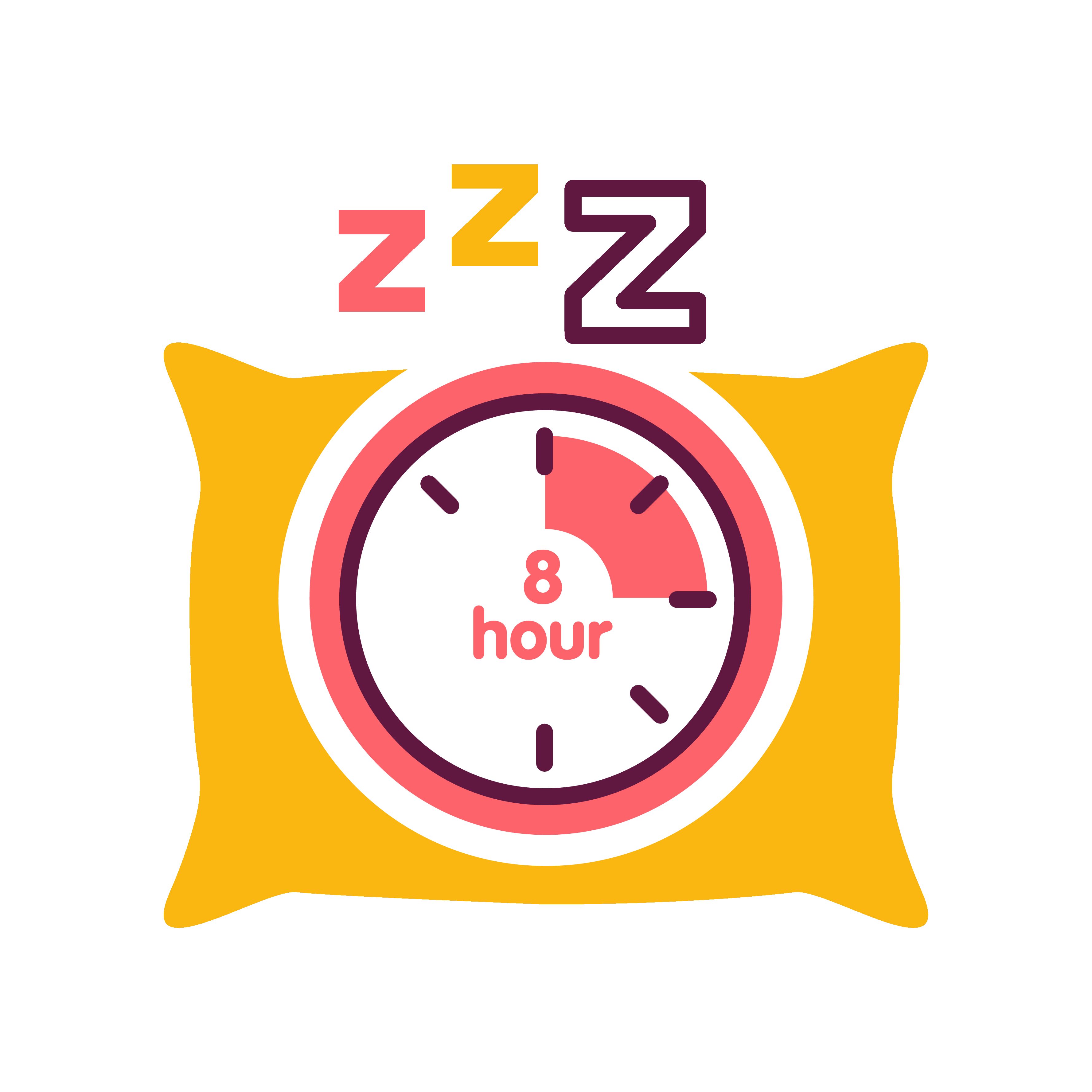I’ve been very lucky to never have any problems sleeping since I got over my main trauma from boarding school. Although I do also have a lot of nervous energy from anxiety which is exhausting but it does mean that I usually pass out as soon as my head hits the pillow. I guess like everything, there’s a good and a bad. Since the recent death of a close companion, though, I haven’t been sleeping. The nightmares are back and I wake up exhausted. So I thought I’d explore and see how I can get some good practices in place to support healthy sleep.
What’s your Sleep Routine?
Once I started observing my habits, I quickly realised that I was working and messaging right up to the point of turning off my lights. This is an old habit from my workaholic days that was helping me numb the pain of grief and loss. Then of course the mental chatter never gets the chance to stop because my whole body and mind is on high alert.
I normally journal during the mornings and at weekends but now I’ve started doing a 5 minute offload when I switch off email and phone. This allows me to calm the mental chatter and the constant planning for the next day.
I’ve now also added to turn on some music and to read a few pages of a novel. All this, alongside my journaling, has made a huge difference. Essentially I’m calming my body by slowing myself down and this consequently calms the mind. Of course this also goes hand in hand with a calming environment that’s not too hot or cold and is the right amount of cosiness for you.
Mind – Heart – Body Connection for Healthy Sleep
It’s an awful vicious circle that when you’re tired, you can’t face doing any exercise but without exercise, we also can’t sleep. This is because exercise helps boost certain chemicals such as serotonin which helps us regulate a healthy sleep.
And we all know that when we’re stressed then we can’t sleep. This threw my daily yoga routine completely out of the window. Somehow I couldn’t face yoga because it was too much hard work and yet my body was craving it.
I was being too hard on myself though and I expected to just jump back into my full daily 40 minutes after having not done any for weeks. I therefore started with 5 minutes every day or so, followed by 5 minutes of sitting with myself. Again, meditation was too much as the emotions were too overwhelming but just sitting and listening to my body and the world was very therapeutic in itself.
Slowly I started reconnecting with myself and to my breathing and therefore, my mind. We are a connected system and we can’t deal with the body without the mind and vice versa. Be gentle on yourself though and perhaps start with some stretching for a few weeks. Then you can do a walk and then a longer walk. Gradually your body and mind will want more because of the good chemicals being boosted.
Nutrition
I know this one is obvious but clearly avoiding coffee and alcohol helps for sleeping. But what about herbal teas? Or carbs and sugars? Some carbohydrates are a good source of the amino acid tryptophan that triggers the chemical serotonin which turns into melatonin to bring on sleep. Some great sources of carbs before bed are fresh fruit and oatmeal. Of course, make sure you’re choosing ‘good’ carbs.
Get help if this Doesn’t make a difference
If making some of these changes doesn’t help within a few months then it’s possible you might have a sleep disorder. This list covers the common ones but it’s best to get a professional analysis so you know what you’re working with. Although, sometimes we also need patience because decades of bad habits also take time to change. Either way, these tips and ideas will help you to slow down, connect your body and mind and generally feel better prepared for a healthy sleep and a restful night.






Ruchi Nasa
October 28, 2020 7:03 pmYes, stressful times do throw us in sleepless gear. You have suggested wonderful pointers on how you have been trying to get your sleep back.
Anne
October 28, 2020 10:44 pmThanks Ruchi! It’s not always easy of course but little bit by little bit, it gets easier 🙂
Leanne | www.crestingthehill.com.au
October 29, 2020 9:27 amHi Anne – I’ve always been a good sleeper, but it’s not as easy as I’m getting older. I feel like I sleep more lightly these days so wake up more often. I still get a good chunk of sleep every night so I’m okay with it. Getting off my laptop well before bedtime is also a key to sleeping better.
Anne
October 29, 2020 11:04 amHi Leanne, It’s great to hear that you sleep well. It’s so sad that so many people struggle with sleep. And yes, less laptop time is always better for a good sleep. Thanks!